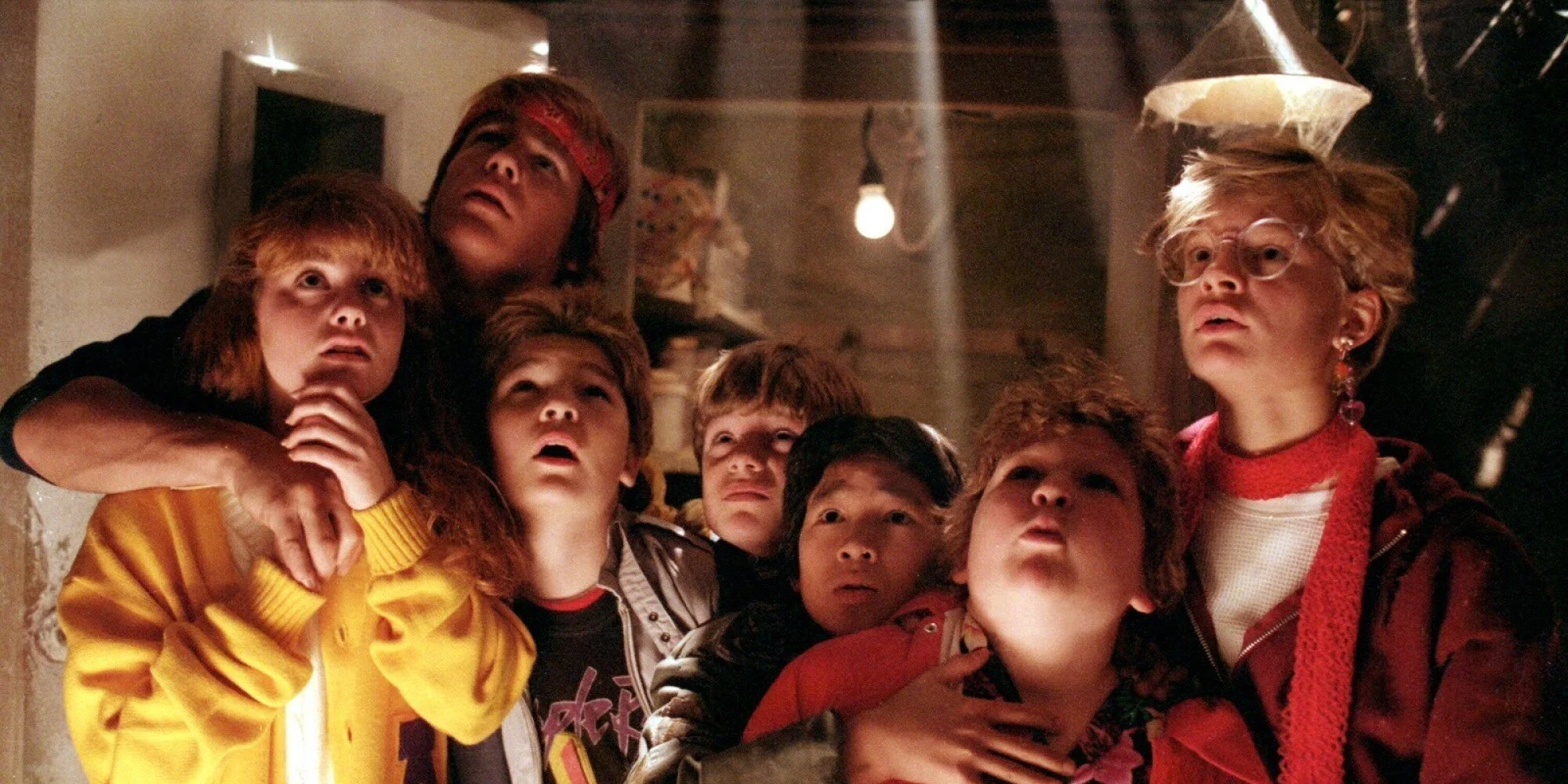035/100
Keywords: Everyday Person, Everyday Man, Everyday Woman, Good Samaritan, The Commoner, The Everyday Hero
Examples: Rosie The Riveter, Ron Wesley in Harry Potter, Rouge In X-man
In today's world, we often see news stories about ordinary people doing extraordinary things in times of crisis. This is the essence of the Everyday Person Archetype - a grounded, hardworking, and relatable individual who seeks comfort in safety and values equality and justice for all.
The Everyday Person Archetype is one of the most relatable and grounded archetypes we encounter. It represents the average person who goes about their daily life, yet when faced with a situation that requires action, steps up to the plate without hesitation. This archetype embodies the human experience more than any other, seeking comfort in safety and stability while also holding a strong moral compass and advocating for the underdog.
Many of us can relate to this archetype, as we strive to find meaning and purpose in our everyday lives. Unlike other Archetypes, the Everyday Person creates spaces where everyone can belong, and they take on their Hero's journey to be a catalyst for the greater good. They may not have special skills or talents, but they use common sense, sound judgment, and selflessness to rise to the occasion.
However, the shadow side of the Everyday Person Archetype reminds us of the harsh realities of the human experience. Life can be full of hardship, trauma, and adversity that we must confront. The confrontation may lead to ongoing physical pain, depression, and pessimism. We may find it difficult to see beyond the inequality and ruthlessness that humans must endure, and we may struggle with authority and leadership positions..
Another aspect of the shadow side of the Everyday Person can lead to feelings of pessimism, self-pity, and distrust of authority. The Everyday Person may struggle with being a leader and may find it difficult to see beyond the inequality and injustice in the world. They may turn to materialism or addiction as a way to cope with their pain.
Despite these challenges, the Everyday Person Archetype can help us find empowerment in the ordinary. We don't need to be "special" to be successful or make a difference in the world. We only need to be present in our lives, grounded in our sense of self, and stand up for fundamental human rights. In a world that often glamorizes fame, wealth, and power, embracing the Everyday Person Archetype allows us to see the beauty in simplicity and living an ordinary life.
The Everyday Person archetype can be further understood by examining the qualities that define it. The Everyday Person is humble, hardworking, and grounded in reality. They value safety and security and seek to create spaces where everyone can belong. They have a strong moral compass and a sense of fairness, and they root for the underdog. They are not afraid to take risks or step up when needed, but they don't seek the limelight or crave attention.
Rosie the Riveter is a perfect example of the Everyday Woman Archetype's power to transform into something larger than oneself. She became an icon of women's empowerment and changed the course of history.
Another example of the Everyday Person archetype can be seen in the story of Rosa Parks. Rosa Parks was an African American woman who, on December 1, 1955, refused to give up her seat to a white passenger on a Montgomery, Alabama, bus. Her action was not premeditated, but rather a response to years of discrimination and mistreatment of African Americans. Her refusal to give up her seat was a simple act of defiance that sparked a movement, leading to the Montgomery Bus Boycott and eventually the Civil Rights Movement.
Rosa Parks embodied the qualities of the Everyday Person archetype. She was an ordinary person who had experienced the pain of discrimination and segregation in her daily life. She was not a trained activist, nor did she have any special skills or talents that set her apart from others. Yet, when faced with an injustice, she stood up for what was right and refused to back down.
Rosa Parks' story is just one example of how an Everyday Person can become a catalyst for change. It shows that we don't need to be famous, powerful, or wealthy to make a difference in the world. We only need to be present, grounded in our sense of self, and willing to stand up for what is right.
In conclusion, the Everyday Person archetype is a vital one for us to understand and embody. It shows us that we don't need to be superheroes or celebrities to make a difference in the world. We only need to be present, grounded in our sense of self, and willing to stand up for what is right. In a world that glamorizes anything but The Everyday Person, stepping into this Archetype is vital, and allows us to see the beauty in simplicity and living an ordinary life. It is a reminder that we all have the power to be a catalyst for change.
Contemplation:
Can you relate to the Everyday Person Archetype and its characteristics?
Are there aspects of the Everyday Person Archetype that resonate with your personal journey?
In what ways can the Everyday Person Archetype help us navigate and make sense of the post-COVID-19 world we're currently living in?
Until next time, stay curious, my friend.












